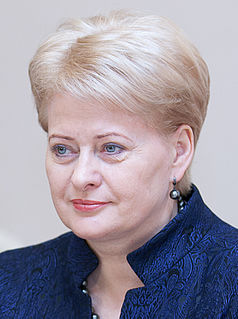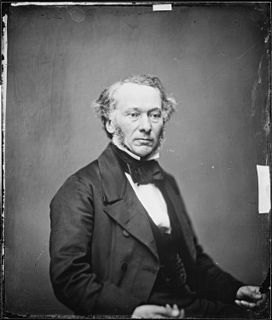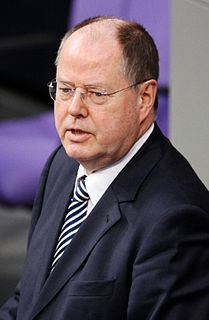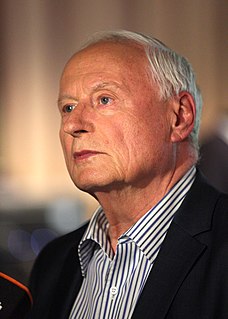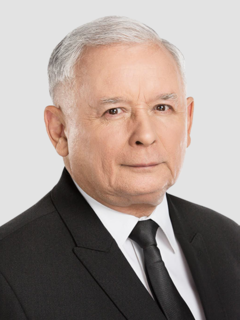A Quote by Austan Goolsbee
At the time of the formation of the euro, I would say most American economists said that's not a good idea; that's not a currency area that makes sense. And the answer from Europe was, 'How is Missouri and Mississippi a currency area?' But the flaw in that was not recognizing the importance of mobility.
Related Quotes
For a small open economy that trades mostly with the euro zone it makes absolute sense to be part of the currency union. Our currency has already pegged to the euro since 2002. We don't have an independent monetary policy. We are regulated by the European Central Bank in Frankfurt, but we are not able to reap all the profits. Our businesses want to save the transaction costs.
I hold all idea of regulating the currency to be an absurdity; the very terms of regulating the currency and managing the currency I look upon to be an absurdity; the currency should regulate itself; it must be regulated by the trade and commerce of the world; I would neither allow the Bank of England nor any private banks to have what is called the management of the currency.
I have heard your orators speak on many questions. One among them the so-called vital question of money which is above all things the most coveted commodity but I, as a Jainist, in the name of my countrymen and of my country, would offer you as the medium of the most perfect exchange between us, henceforth and forever, the indestructible, the unchangeable, the universal currency of good will and peace, and this, my brothers and sisters, is a currency that is not interchangeable with silver and gold, it is a currency of the heart, of the good life, of the highest estate on the earth.



